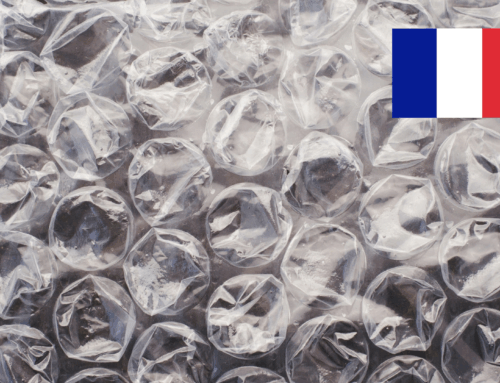On 29 February 2024, the Federal Department of Economic Affairs, Education and Research (EAER) decided to adopt the amendments of the EU’s latest sanctions package against Russia. The measures entered into force on 1 March and, among other things, amend the sanctions list, which was extended by 106 natural persons and 88 entities.
Most of the newly sanctioned companies and individuals have a defense industry background and are involved in the production of drones, missiles, and other military equipment. In addition, the sanctions list now includes names of individuals and organizations that are suspected of having recently been involved in the supply of military equipment from North Korea.
The war in Ukraine, which began over two years ago, also has far-reaching consequences for global trade. As part of the 13th package of measures, existing export restrictions have been extended to include goods that can be categorized under the EU Parliament and Council’s Dual-Use Regulation. These are goods that can be used for both civilian and military purposes. Certain electronic components such as aluminum condensers, transformers, or induction coils, which are required for the development and manufacture of combat drones, are also affected by the sanctions.
Some of the EU’s partner countries have also joined existing restrictive measures by the EU on imports of iron and steel from Russia (Switzerland, Norway, United Kingdom). The purpose of these measures is to block Russia’s access to critical technologies and to improve the fight against circumventing adopted sanctions.
Sources: GTAI (German), The portal of the Swiss government






